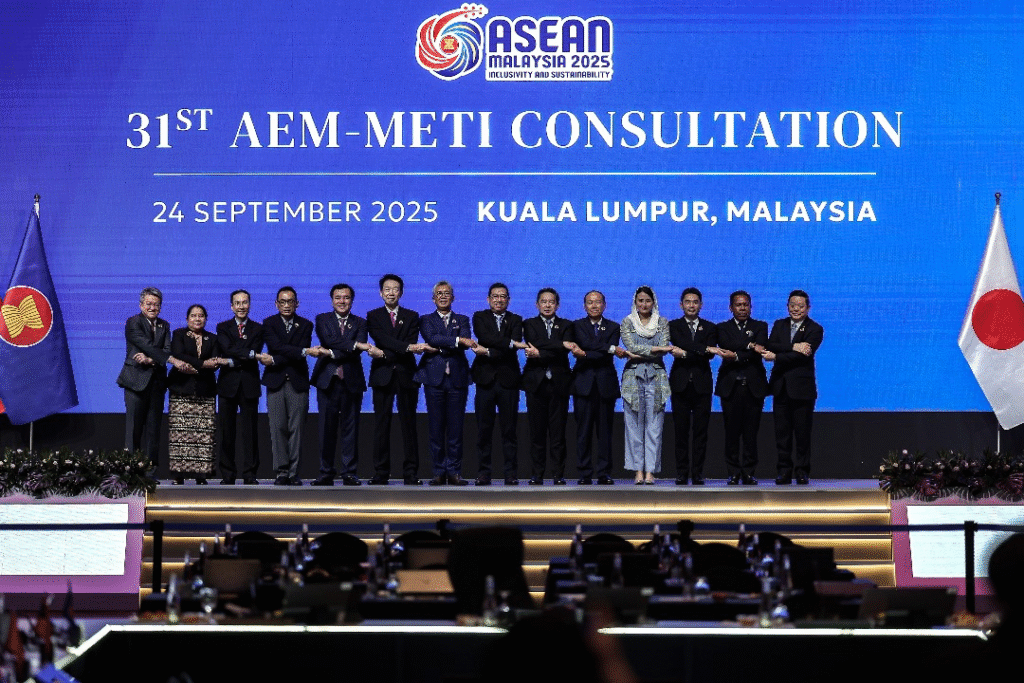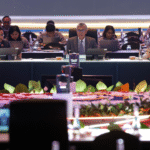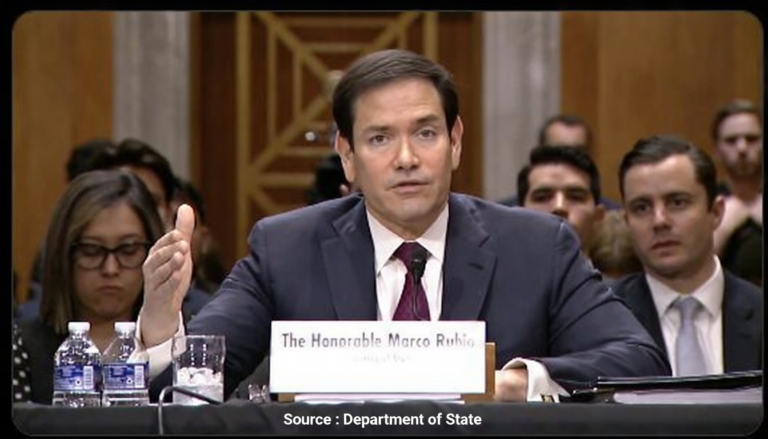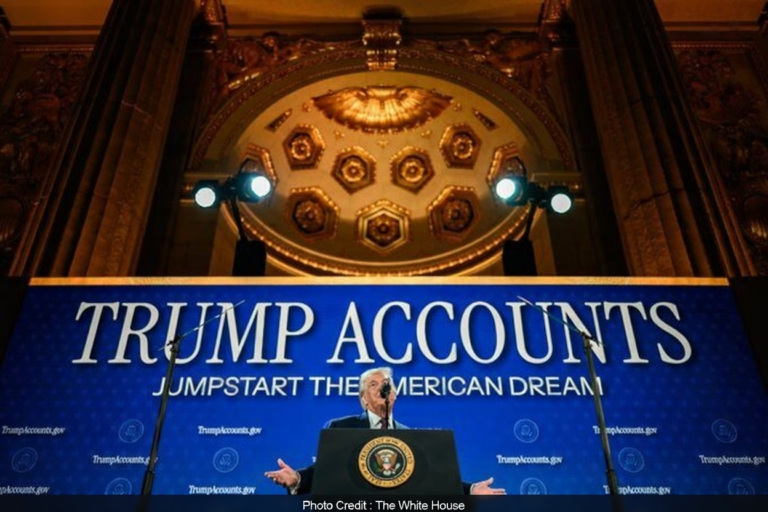
KUALA LUMPUR, September 24, 2025-Facing escalating protectionism, non-tariff barriers, and supply chain fragility, ASEAN Economic Ministers (AEM) have vowed to deepen collaboration to fortify the region’s economic resilience, emphasizing free trade engagement and investment facilitation.

The commitment emerged from three days of deliberations at the 57th AEM, chaired by Minister of Investment, Trade and Industry Tengku Datuk Seri Zafrul Abdul Aziz, culminating in a 50-point joint statement. Ministers endorsed advancing nine Priority Economic Deliverables (PEDs) under AEM oversight to accelerate economic integration.
Tengku Zafrul, in a post-meeting communique, affirmed ASEAN’s proactive stance:
“Through deeper integration and strategic partnerships, ASEAN is shaping a trade and investment ecosystem that is open, resilient, and future-ready.”
He stressed pragmatic reforms amid global trade complexities, including recent U.S. tariffs. impacting all 10 member states.
A key focus was leveraging ASEAN’s centrality in the Regional Comprehensive Economic Partnership (RCEP)-the world’s largest free trade area to refine economic order and upgrade pacts with partners like China, Japan, South Korea, Australia, and New Zealand.
Prime Minister Datuk Seri Anwar Ibrahim reinforced this, stating, “The RCEP must be renewed with political energy and that it must not remain a legal text on paper.” As ASEAN Chair, Malaysia will host an RCEP Leaders’ Summit alongside the 47th ASEAN Summit in October, preceded by a ministerial meeting tomorrow and consultations with ASEAN+3 (China, Japan, South Korea), the UK, and EU.
Highlights included U.S. Trade Representative Jamieson Greer’s pledge for stronger. Southeast Asia ties, praising ASEAN’s market access expansions and non-tariff barrier reductions despite recent tariffs. South Korea’s Trade Minister Yeo Han-Koo announced the imminent upgrade of the ASEAN-Korea FTA (AKFTA), set for reveal at next month’s leaders’ summit.
The ASEAN+3 talks advanced cooperation in semiconductors, digital trade, and green economy, while upholding financial safeguards via the Chiang Mai Initiative Multilateralization (CMIM). Trade with Plus Three partners hit US$1.2 trillion in 2024 (31.7% of ASEAN total), with FDI inflows at US$44.4 billion (nearly 20%).
Business leaders urged faster structural reforms to expand private capital markets and enforce anti-barrier rules, critiquing tools like the ASEAN Assist portal for limited uptake due to enforcement gaps.
Progress was noted on upgrading the ASEAN Trade in Goods Agreement (ATIGA), the ASEAN-China FTA 3.0 Protocol, and sustainable investment guidelines, all bolstering defenses against shocks.
The 57th AEM signals ASEAN’s pivot to knowledge-driven growth, positioning the bloc as a resilient force in an uncertain global economy.















